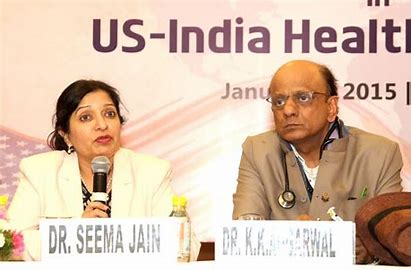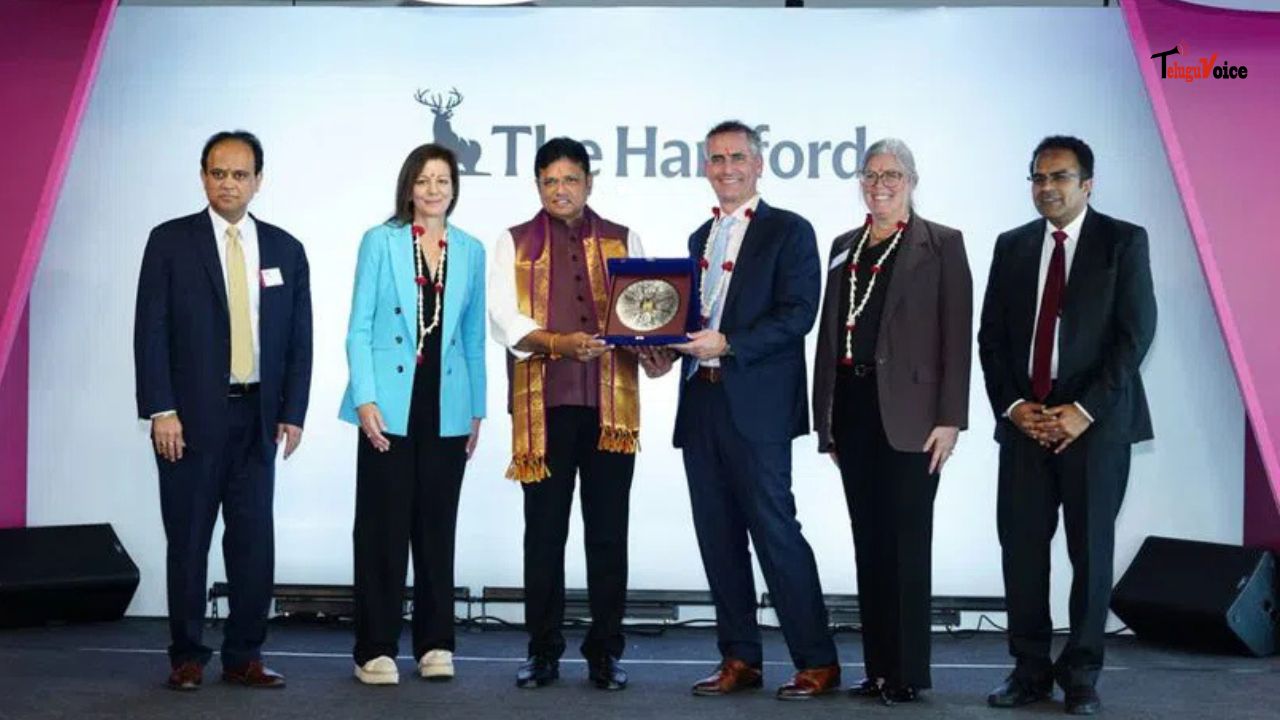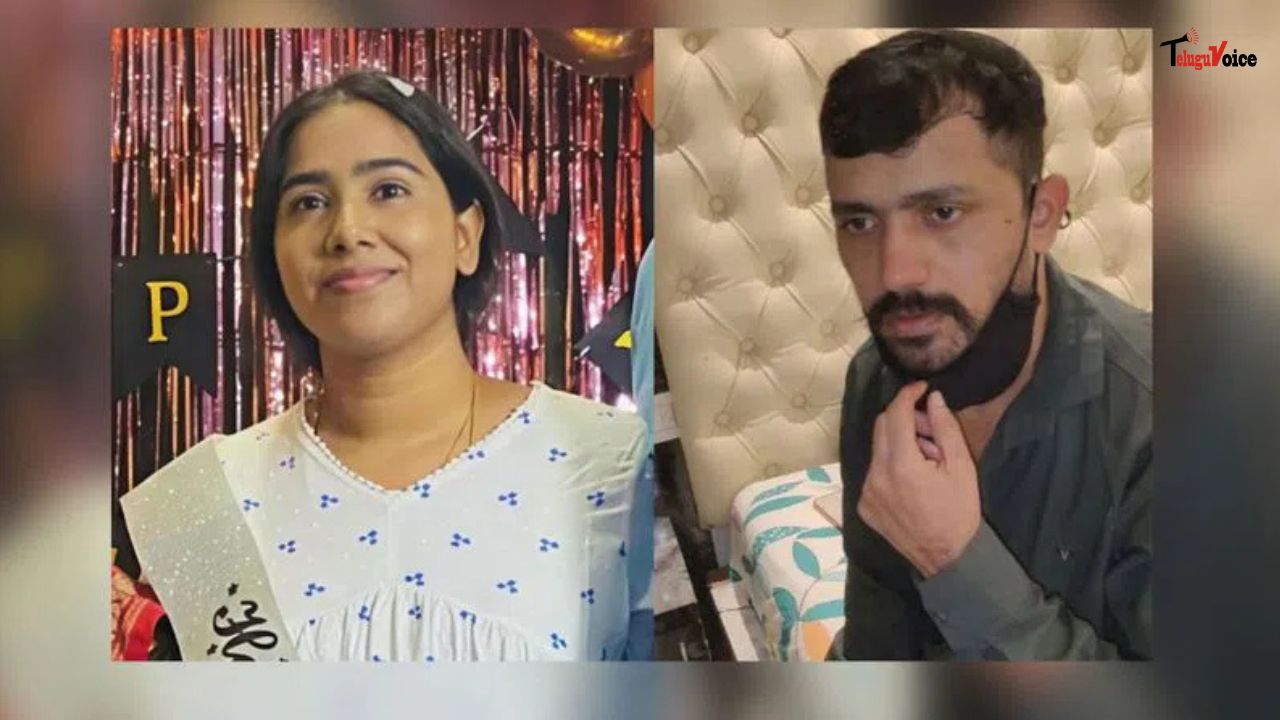Indian-Origin Physicians Urge Next US President to Prioritize Immigration and Healthcare Reforms

As the United States prepares to elect its next president, a leading figure representing Indian-origin medical professionals has called on the future administration to focus on critical issues such as immigration reforms and healthcare access. Dr. Satheesh Kathula, President of the American Association of Physicians of Indian Origin (AAPI), highlighted the need for fast-tracking green cards for Indian physicians working in underserved areas across the country.
In an exclusive interview with PTI, Dr. Kathula emphasized that the next White House administration should prioritize healthcare access for all, streamline immigration and visa processes for medical professionals, advance technology in medicine, and promote diversity and anti-discrimination efforts. AAPI, established in 1982, represents over 120,000 physicians of Indian origin in the US, making it the largest ethnic medical organization in the country.
Dr. Kathula underscored the challenges faced by many Indian physicians who have been in the US for over 15 to 20 years but are still on H-1B work visas. He urged the next administration to expedite their green card process, as their contributions are vital to the healthcare system, particularly in areas where American doctors are unwilling to serve.
“These physicians are the backbone of healthcare in some communities. If they leave due to visa issues, the healthcare system in certain towns could collapse,” Kathula warned. He also pointed out that physicians are currently grouped with other H-1B visa holders, which complicates the process. “There should be some priority for those caring for the sick,” he added, noting that one in every seven patients in the US is treated by a doctor of Indian origin.
The H-1B visa allows US companies to employ foreign workers in specialized fields, with technology companies often being major beneficiaries. However, Dr. Kathula highlighted that some communities in the US heavily rely on physicians on these visas and that their departure could worsen the existing shortage of doctors.
The AAPI President also addressed the need for expanding residency programs and opening more medical schools to tackle the estimated shortage of 125,000 physicians by 2030. Additionally, he stressed the importance of creating more opportunities for international medical graduates to serve communities in the US.
In addition to healthcare and immigration reforms, Dr. Kathula called on the next administration to focus on healthcare technology, affordable care, public health infrastructure, economic growth, job creation, and ensuring racial and social justice. He emphasized the importance of building a fair immigration system that prioritizes skilled workers.
As the US elections approach, with voters deciding between Republican nominee Donald Trump and Democratic candidate Vice President Kamala Harris on November 5, AAPI members are keen to see these issues addressed by the future administration.
Dr. Kathula, a board-certified hematologist and oncologist from Ohio, assumed his role as the 43rd President of AAPI in July. He praised the Indian diaspora's contributions to the US, particularly during the COVID-19 pandemic when AAPI raised over five million dollars and supplied critical medical equipment to both the US and India.
Highlighting the strategic relationship between India and the US, Dr. Kathula expressed optimism about the continued cooperation between the two nations, particularly in areas such as defense, trade, climate change, and technology. Despite potential challenges in trade or human rights, he believes the partnership will remain strong.
“AAPI remains committed to advocating for issues that matter to both the medical community and the broader diaspora,” Kathula concluded, stressing the importance of addressing these priorities for the benefit of both nations.

 South Africa tour of India 2019
South Africa tour of India 2019










Comments